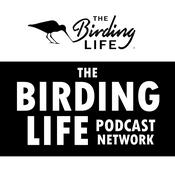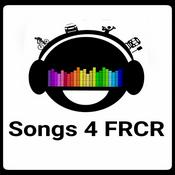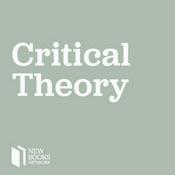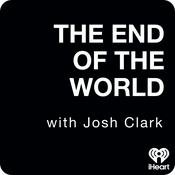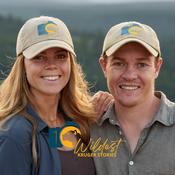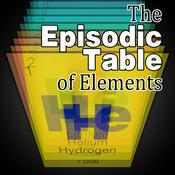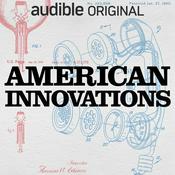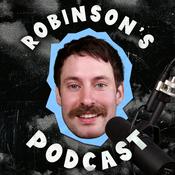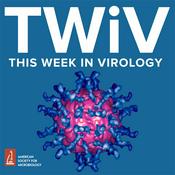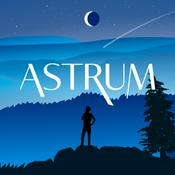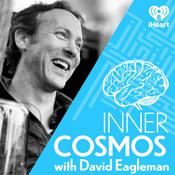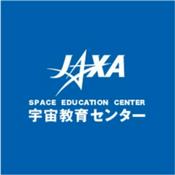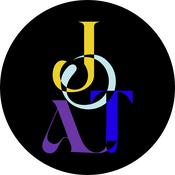56 episodes
- Il più vicino è un esopianeta che orbita intorno alla stella Proxima Centauri.
La luce, che è la cosa più veloce nell’universo, impiega 4 anni ad arrivare a
Proxima Centari. I nostri razzi viaggiano molto più lentamente della luce e
quindi, con la tecnologia di oggi, impiegheremmo 135,000 ad arrivare a
Proxima Centauri. Abbiamo bisogno di razzi più veloci!
The closest is an exoplanet orbiting the star Proxima Centauri. Light,
which is the fastest thing in the universe, takes 4 years to reach Proxima
Centauri. Our rockets travel much slower than light and therefore, with
today's technology, it would take us 135,000 to get to Proxima Centauri!
We need faster rockets! - Le risque d’impact d’astéroïde est en fait un sujet fascinant. Pas tellement
angoissant, puisque pour l’instant nous n’avons aucune menace, mais
fascinant, parce qu’il porte sur des objets qui sont absolument excitants pour
les scientifiques : ils évoluent dans un environnement qui est très différent
de celui de la Terre et qui défie encore notre intuition. On l’a vu avec les
missions récentes, la façon dont ils répondent aux actions externes qu’on leur
fait subir, que ce soit un impact, que ce soit pour récolter un échantillon, est
complètement contre intuitive. On est encore en train d’apprendre à interagir
avec eux pour non seulement faire de la science, mais aussi s’en protéger.
C’est plein de défis technologiques et scientifiques qui évidemment pour les
scientifiques sont des sources d’excitation extraordinaires.
The risk of an asteroid's impact is actually a fascinating subject. Not that
much frightening, as for now we have not detected any threat, but fascinating,
as it concerns celestial bodies, which are very exciting for scientists.
Asteroids evolve in an environment completely different from the Earth's,
which still defies our intuition. We saw on recent missions that the way they
react to external actions that are applied to them, for instance, an impact or
a sample collection, is entirely counter-intuitive. We are still in the process
of learning how to interact with them, not only to do science but also to
protect ourselves from them. This represents a lot of technological and
scientific challenges that are extraordinarily exciting for scientists. - Comme tous les sujets qui portent sur une menace, la communication est
extrêmement importante. On peut dire très vite n’importe quoi et il faut faire
attention à ce que le public comprenne ce que l’on dit et puisse comprendre
si la menace est réelle ou pas. Tout ça n’est pas facile, donc nous nous
entrainons à communiquer avec le public cette notion de risque d’impact
d’astéroïde et à être transparent, puisqu’on a besoin des amateurs pour suivre
les objets dont les premiers calculs nous donnent une probabilité d’impact
élevée. C’est très important de pouvoir en même temps expliquer qu’on a
trouvé un objet qui semble dangereux, mais pour autant qui ne l’est pas
encore tant qu’on n’a pas vérifié que sa trajectoire croise la Terre. C’est assez
complexe, on a vu avec la pandémie [du COVID 19] que les scientifiques se
contredisent et le public ne comprend plus rien. C’est ce qu’on cherche à
éviter, on cherche à pouvoir communiquer un message cohérent et
compréhensible, pour que les gens ne paniquent pas pour n’importe quoi.
Similarly to any topic relative to a threat, communication is key. Not only
can people say anything, but it is also essential to ensure that the public
understands what is said and whether or not the threat is real. This is not
easy, so we train ourselves to communicate with the public about the asteroid
impact threat itself. We also train ourselves on transparency, as we count on
amateur astronomers to follow celestial bodies for which the impact risk
would be high according to our preliminary computations. It is imperative
that we can explain if we have found an object that is a possible threat but is
not yet until we have checked that its trajectory collides with the Earth's. All
of this is pretty complex: the COVID-19 pandemic showed that the public is
lost when scientists contradict each other. We want to avoid such a situation.
Instead, we want to communicate a coherent and understandable message to
prevent people from panicking for nothing.
More Science podcasts
Trending Science podcasts
About JAXA Space Education Center Podcast
JAXA's Space Education Center provides two types of Podcast: the "Seven Wonders Series," compiled of seven one-minute interviews in multiple languages, and the "JAXA Space and Astronautical Science Podcast series," which features fun and informative long-form interviews to scientists and other key JAXA staff in English. The views and opinions expressed in this content are those of the speakers and do not necessarily reflect the views or positions of JAXA as an organization.
Podcast websiteListen to JAXA Space Education Center Podcast, Ologies with Alie Ward and many other podcasts from around the world with the radio.net app
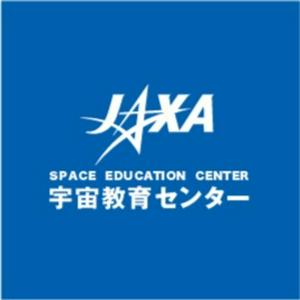
Get the free radio.net app
- Stations and podcasts to bookmark
- Stream via Wi-Fi or Bluetooth
- Supports Carplay & Android Auto
- Many other app features
Get the free radio.net app
- Stations and podcasts to bookmark
- Stream via Wi-Fi or Bluetooth
- Supports Carplay & Android Auto
- Many other app features


JAXA Space Education Center Podcast
Scan code,
download the app,
start listening.
download the app,
start listening.



